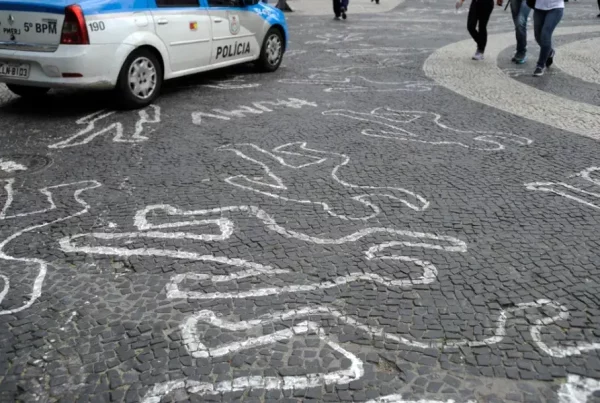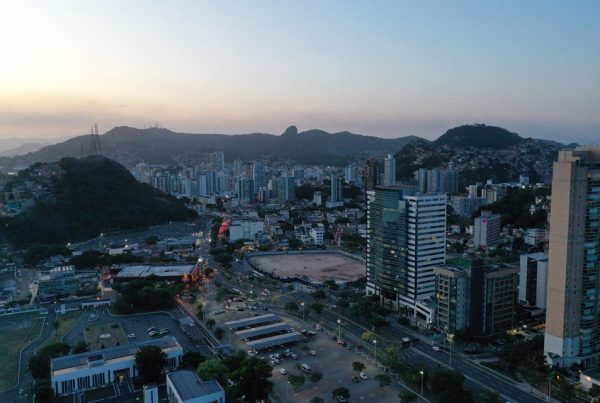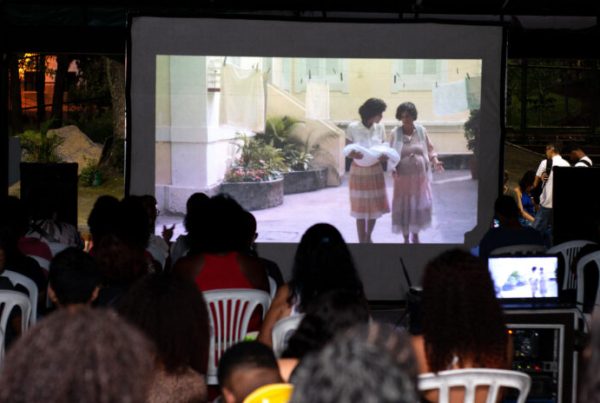Neste artigo João Luiz Pereira Domingues se dedica à reflexão em torno da relação entre as políticas culturais, a esfera pública e o território, tendo a cidade do Rio de Janeiro como objeto de análise. O objetivo geral é perceber como as políticas de regulação urbana influenciam as práticas de diversos atores culturais, levando, através de um processo complexo de seleção e normatividade, à invisibilidade de certas ações e acentuação de outras.
Deste patamar, acredita-se que a cidade do Rio de Janeiro seja um caso por excelência de como a reorganização capitalista do espaço, traduzida na introdução do empreendedorismo urbano, promove políticas que selecionam e limitam a presença e as possibilidades de ação de certos grupos sociais, atrofiando a diversidade cultural como um projeto a se realizar.
Desta feita, apresenta-se aqui a experiência Aldeia Maracanã, para contribuir na construção de um mapa de debates que identifique os limites das políticas culturais nas cidades-empresa e para a produção de uma historiografia dos movimentos culturais insurgentes capaz de ampliar os cânones da discussão das políticas culturais no espaço urbano.
Abstract
The research is dedicated to the reflection on the relationship between the cultural policies, the public sphere and the territory, having the city of Rio de Janeiro as its object of analysis. The general objective is to understand how urban regulating policies influence the cultural practices of different actors, leading through a complex process of selection and normativity – to the invisibility of certain actions and to the accentuation of others. From that stage, it is believed that the city of Rio de Janeiro is a case par excellence of how the space’s capitalist reorganization, reflected in the introduction of urban entrepreneurialism, promotes policies that select and limit the presence and possibilities of action of certain social groups, atrophying cultural diversity. Thus, the article presents an urban experience called “Aldeia Maracanã”, to compose a map of debate that helps to identify the limits of cultural policies in the enterprise-cities and for the production of a cultural insurgent movements’ historiography able to expand the canons of the discussion of cultural policies in the urban space.
O artigo “Sete jogos, nenhum índio”, de João Luiz Pereira Domingues, é um dos destaques da Revista eletrônica e-metropolis nº 17.















